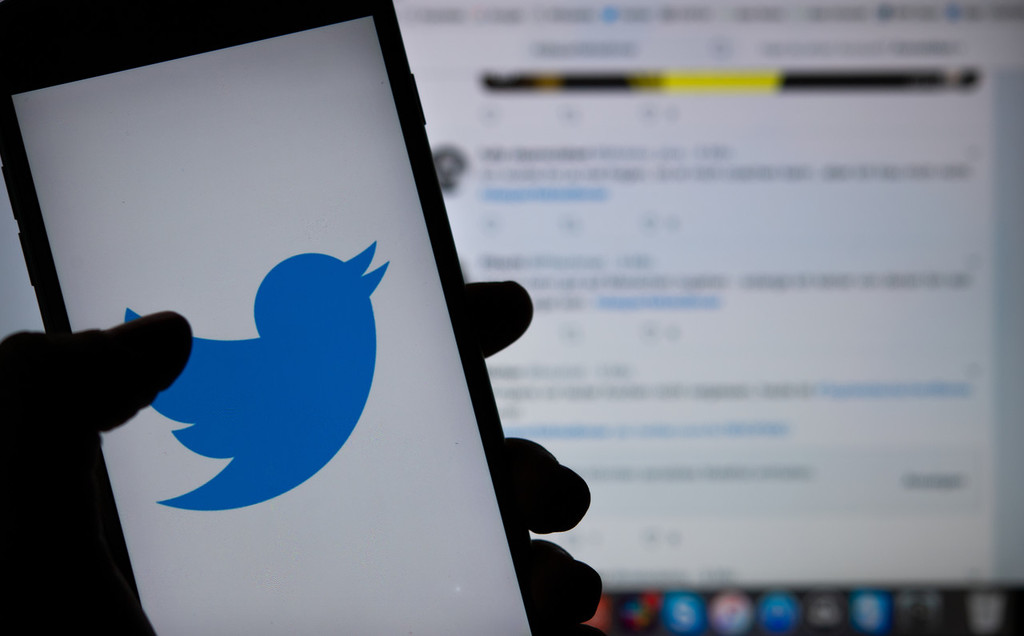Before the coming of the internet age, many a person wishfully harbored a devout hope that the free flow of information availed by almighty technology would make the world better. At least, for some.

The logo of Twitter on a smartphone screen. (File photo: China Daily)
But as the internet celebrates its 50th anniversary this year, many people have come to realize that the so-called freedom of speech that was heralded with its arrival is nothing but a side-effect of the civil use of the technology that stemmed from the ARPANET, Advanced Research Projects Agency Network, which the US Department of Defense launched in 1969, rather than an inherent characteristic. For the technology not only lowers the costs of information flow, but also of information control.
Which, in other words, vests the large-scale social media platforms with almost unrestricted discretionary power in setting the agenda of the opinion market and public debate.
In this context, it came as no real surprise that Twitter shut down 4,301 accounts on Friday, for "violating its policy", as it unilaterally decided these accounts "were attempting to sow discord about the protest movement in Hong Kong" — it closed 936 accounts for a similar reason last month.
Most of the accounts it sentenced to death took a clear-cut stand against the violence of the rioters in Hong Kong, which after nearly four months, has taken a heavy toll on the city's economy and rule of law.
Yet such a stance is natural to all rational minds. Saying no to violence does not necessarily mean that the voices of all the Hong Kong demonstrators should be muffled. Separating the violent demands of the rioters from the appeals of peaceful protesters is a prerequisite to end the chaos while letting people's grievances be heeded.
But under the considerate protection of Twitter's "transparency and openness" policy, the accounts of violent demonstrators, along with their agitators, are flourishing, while the accounts of those with opposing views are eliminated.
The company obviously feels no qualms about standing on the wrong side of history, as the appeals of the users it selectively protects directly challenge China's sovereignty in the city, by overstepping the boundary of its rights.
Twitter is obliged to control the disinformation being spread by the troublemakers in Hong Kong and their supporters, as they are the persons who are intent on using radical and violent means to incite hatred, sow discord and divide a sovereign state, and who are holding the city hostage and bending freedom and democracy for their own ends.


